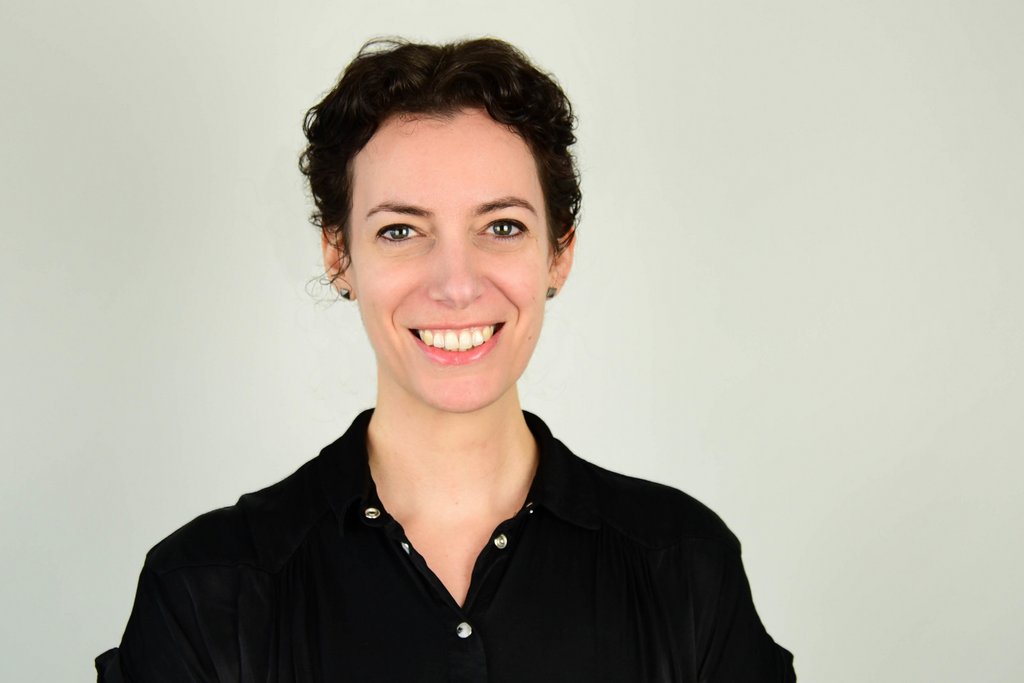People - 01.02.2024 - 08:00
Appointment: Dania Achermann
Prof. Dr Dania Achermann has been Associate Professor of History of Science and Technology at the University of St.Gallen since 1 February 2024.

Prof. Dr. Dania Achermann ist seit 1. Februar 2024 Assoziierte Professorin für Wissenschafts- und Technikgeschichte an der Universität St.Gallen.
Prof. Dr Dania Achermann completed her licentiate in general history, geography and English linguistics at the University of Zurich in 2010. She then completed her doctorate at Aarhus University and the Ludwig Maximilian University of Munich in 2014 on a topic related to the history of German aviation and atmospheric research.
From 2014 to 2017, she was a postdoctoral researcher at Aarhus University on the history of climate modelling in the project "Shaping Cultures of Prediction: Knowledge, Authority and the Construction of Climate Change". She then worked at the Cluster of Excellence "Integrated Climate System Analysis and Prediction" at the University of Hamburg. Since 2018, she has been junior professor of Historical Science and Technology Studies at the University of Wuppertal, where she helped to establish the interdisciplinary DFG Research Training Group 2696 "Transformations of Science and Technology since 1800". From 2019 to 2023, she led her SNF Ambizione project "Ice Cores, Small States and Global Climate Change. The rise of a new scientific discipline" at the University of Bern on the emergence of ice core research.
Research into the role of technology in the creation of knowledge
Prof Dr Dania Achermann's research focuses on the history of the geosciences and the role of technology in the development of knowledge about the natural environment since the 19th century, with an emphasis on the Cold War period. A particular focus is on the history of atmospheric and climate research, glaciology, ice, snow and polar research as well as on processes of institutionalisation and interdisciplinarity. In her projects, she analyses how social values and political and economic conditions influenced the emergence of scientific knowledge, what role technology played in the knowledge process and how scientific research into the environment and the relationship between humans and the environment influenced each other.
Teaching experience at all academic levels
Prof Dr Dania Achermann is a committed university lecturer with teaching experience at all academic levels in the field of the history of science, technology and the environment from the 18th to the 21st century. Her aim in teaching is to convey how and under what conditions knowledge about the natural environment was generated. In doing so, she wants to work with students to categorise the handling of scientific findings and the understanding of global environmental changes from a historical perspective and encourage them to critically examine the current and future role of science and technology in our society.
Image: Özlem Eryigit-Kafali/Bergische Universität Wuppertal
More articles from the same category
Discover our special topics











